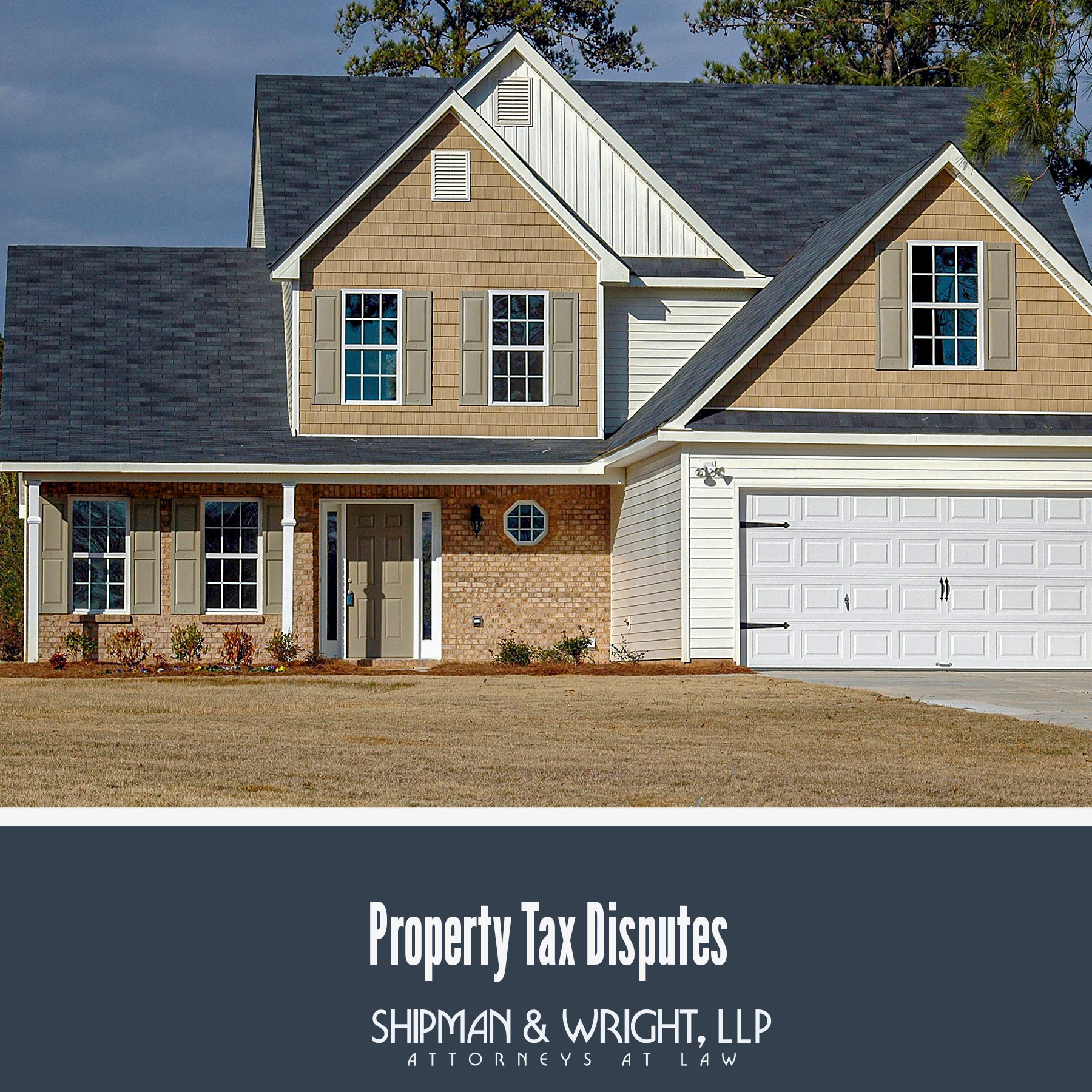Property tax disputes can be stressful and costly for property owners, but they can arise for various reasons. Understanding the different types of conflicts that can occur and the options available for resolving them can help property owners navigate the process.
Valuation disputes are among the most common types of property tax disputes. For example, when property owners receive their tax assessment notice, they may believe that the assessed value is too high, leading to a higher tax bill. In such cases, the owner can contest the assessment by providing evidence of the property’s value. This can include recent sale prices of similar properties or an appraisal.
It is important to note that the process for contesting a tax assessment can vary by jurisdiction. Therefore, property owners should familiarize themselves with their local tax laws and regulations to understand the specific procedures and requirements for challenging an assessment.
Another type of property tax dispute is a classification dispute. Properties are typically classified as residential, commercial, or industrial for tax purposes. However, mistakes can occur, leading to the incorrect classification of a property. If property owners believe their property has been classified incorrectly, they may contest the type. For example, suppose a property is classified as commercial but is only used for residential purposes. In that case, the owner may argue that it should be classified as residential, which may lead to a lower tax bill.
Exemption disputes can also arise when property owners believe their property is eligible for a tax exemption or abatement but were not granted one. For instance, a property used for religious purposes may be eligible for a tax exemption, but the owner must apply for the exemption and provide evidence of eligibility. If the exemption is denied, the property owner can contest the decision.
Late payment penalties and interest disputes may occur when property owners fail to pay their taxes on time. The owner may be subject to fines and interest charges in such cases. However, if the property owner believes the penalties or interest charges are excessive or were applied incorrectly, they may dispute them.
Finally, tax assessment errors can occur when tax assessors make mistakes when assessing a property’s value, leading to an incorrect tax bill. This may be due to a failure to consider certain factors that affect the property’s value, such as a recent renovation or a change in zoning regulations.
Consulting with a Shipman & Wright tax attorney or property tax consultant can be helpful if you are facing a property tax dispute. They can help you understand your rights and options, as well as guide you through the process of resolving the dispute. This may include negotiating with tax assessors, filing an appeal, or pursuing alternative dispute resolution methods, such as mediation or arbitration.
In conclusion, property tax disputes can arise for various reasons, including valuation disputes, classification disputes, exemption disputes, late payment penalties, and interest disputes, and tax assessment errors. Property owners in a conflict should understand their rights and options and seek professional guidance as necessary. With the right approach, resolving the dispute and achieving a more favorable outcome may be possible.







